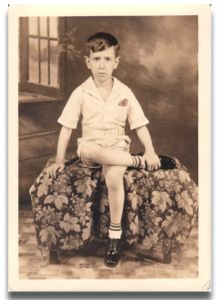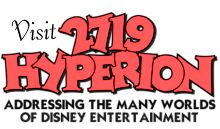 What a fun and wonderful film that so strongly echoes a place and time--Washington D.C. at the height of World War II, or at least as filtered through the lenses of Hollywood movie cameras.
What a fun and wonderful film that so strongly echoes a place and time--Washington D.C. at the height of World War II, or at least as filtered through the lenses of Hollywood movie cameras.In The More the Merrier, one woman and two men share an apartment in the midst of a housing shortage in the capitol city. Jean Arthur, Joel McCrae and Oscar-winner Charles Coburn form the odd trio. Coburn's character, retired millionaire Benjamin Dingle plays cupid to the other two, Arthur's already engaged Connie Milligan and McCrea's soon to be shipped out soldier Joe Carter. It is a very funny film on so many levels, but most especially its frequent and hilariously choreographed pratfall comedy, and it clever, witty and often fast-spoken dialog that touches on much of the era's popular culture.
Two terrific exchanges exemplify that notion. First, Dingle and Carter together recite the parts from a Sunday Dick Tracy comic and then impart:
Dingle: "Gosh, that Dick Tracy is sure playing with dynamite."
Carter: "Sure is."
Milligan: "Is that the best you can do with your time?"
Carter: "Gotta keep up with what's going on."
Dingle: "I missed two Sundays with Superman once, and I've never felt right since."
And an equally funny dialog between Milligan and her young teenage neighbor about a particular American institution:
Morton: "Do I want to join the Boy Scouts or don't I?"
Milligan: "Well of course you do!"
Morton: "But I'm not the camp-craft type! So should I join because I don't like hunting and fishing and hiking and camp-craft, and ought to? Or not join because I don't like hunting and fishing and hiking and camp-craft?"
Milligan: "Well yes, definitely."
Morton : "Some problem. A person should know if he's the camp-craft type."
Washington D.C.'s wartime ratio of eight women to one man is one of the movie's underlying comedic themes and is featured prominently via women whistling at men and nightclub gender imbalances. Set dressings further evoke the era; a war bond poster can be seen near a timeclock, nightclub dancers are costumed in patriotic regalia.
A terrific movie and great snapshot of bygone popular culture.












